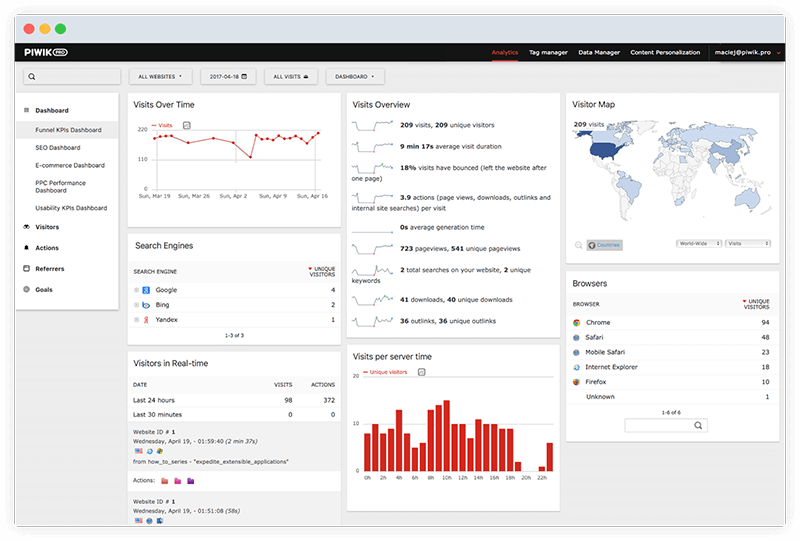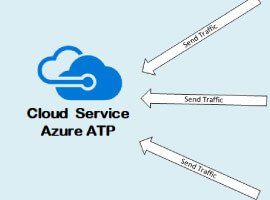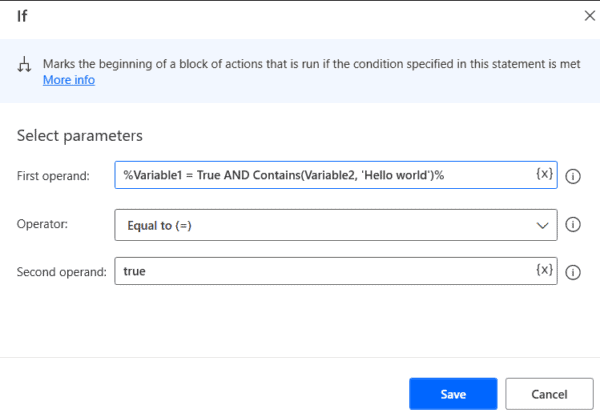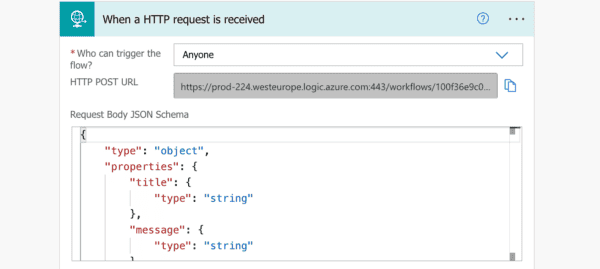“The worldwide public cloud services market is projected to grow 18 percent in 2017 to total $246.8 billion,” according to Gartner, a leading IT research firm. Even without the statistics though, anybody in the IT business knows the score: cloud services are up big. This article is not arguing against the cloud. Cloud computing is undeniably useful and here to stay. However, we find it worth mentioning these good reasons to go with local, self-hosted solutions. So for our specific case, let’s get to it and see why you should consider self-hosted SharePoint analytics software.

SharePoint analytics solution
- GDPR Fines Are Big
We’re entering a new era of data protection regulation. The General Data Protection Regulation (GDPR) in Europe is the first tangible sign of this and will come into force May 25, 2018. Fines for breaches can be severe: €20m or up to 4% of annual worldwide turnover, whichever is greater. With such fines, data breaches promise to incur even higher costs than in the past.
A self-hosted SharePoint analytics solutions can’t eliminate the risk of a breach—nothing can—but it does afford more control over data security. You’ll have ownership of your data and with it, control over who has access. You can impose your own security standards and you won’t be paying fines for the mistakes of a third-party data processor.
- GDPR Rights to Erasure and Rectification
GDPR will grant individuals data rights (called data subject rights in GDPR jargon). The right to erasure and to rectification are the most pertinent to our discussion. They will make life harder for organizations storing and processing data with a third party.
These two rights would allow an intranet user to request removal or modification of their data in certain circumstances. The specifics of how and why aren’t important here—it’s a possible scenario once GDPR is in effect. Say for example that a third party has stored or processed that data. You’ll be responsible for contacting that third party to fulfill the request of your user. Then it turns out that company also worked with another third party so you have to contact them, and so on.
With a cloud-based analytics solution these requests will be more complicated to process. It doesn’t mean it’s impossible, but it’s sure to be easier with self-hosted analytics.
- Collect and Process Sensitive Data
It’s good practice to minimize collection and storage of sensitive data about your employees. But that doesn’t mean you can completely avoid it. To best serve your employees on the intranet, you need to collect some personal data.
Many cloud services apply different rules (and terms of service) to sensitive data because it can be a liability. Self-hosted analytics allows you to apply internal security policy and access rights. This should ultimately make it simpler to deal with. You can keep it all in-house and secure without worrying about applying multiple sets of rules to satisfy external processors.
- Do Right by Your Colleagues
You don’t have to be paranoid about others selling your data to be worried about this. Third-party data leaks occur even where nobody has bad intentions or conflicts of interest. A good example of this is the exposure this spring of Verizon and Orange customer account details. In June, cloud security analyst Dan O’Sullivan found that a third-party processor working with both companies left sensitive customer data unsecured on the web for all to see. It appears to have been a simple human error.
This is not to say that the cloud is necessarily insecure or that we can’t trust third parties with our data. As mentioned above, cloud services are growing and will most likely continue to grow despite tighter data regulations. The expansion and improvement of these services will benefit all players in the IT industry. That said, the risk of breaches is real. Perhaps for some datasets, like personal data about us and our colleagues, we should think hard about keeping it closer to home.
About the Author:

Grzegorz Jendroszczyk
Grzegorz Jendroszczyk, Key Account Manager and a Data Protection Officer at Piwik PRO
Piwik PRO Intranet Analytics includes on-premises and cloud options for SharePoint 2010, 2013, 2016 and Office 365. The analytics platform gives enterprises and governments the power to improve intranet collaboration and team productivity by promoting user engagement, identifying good content, and tracking relevant KPIs. Piwik PRO offers solutions that guarantee 100% data ownership while making it easy to protect user privacy and keep sensitive data secure. Compliance with local and international data regulations like GDPR is built into all products. SharePoint analytics is part of the Piwik PRO Marketing Suite: Find out more at https://piwik.pro.
Join us on 14 Feb 2018 for GDPR Training Day – Sign up here











